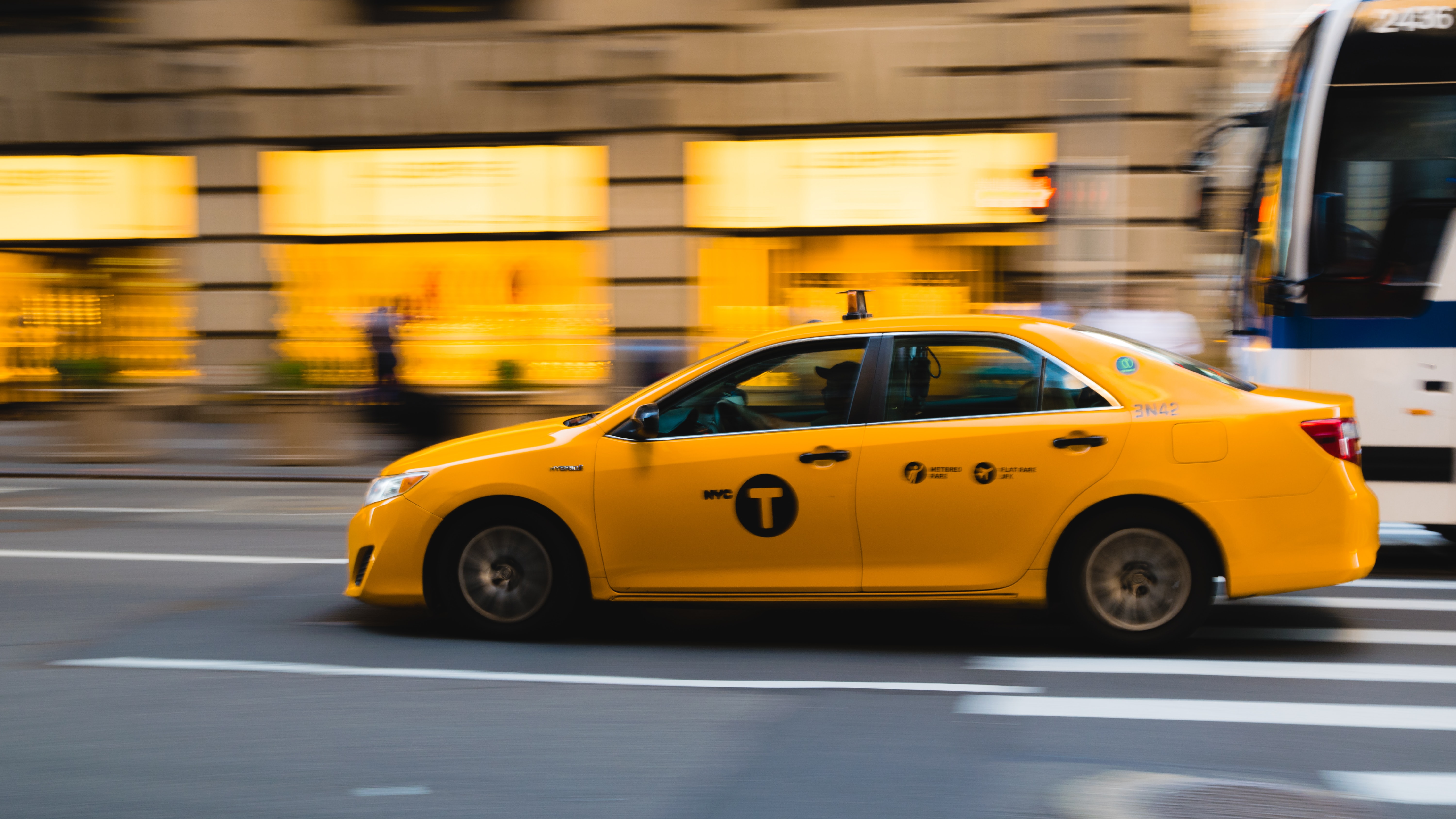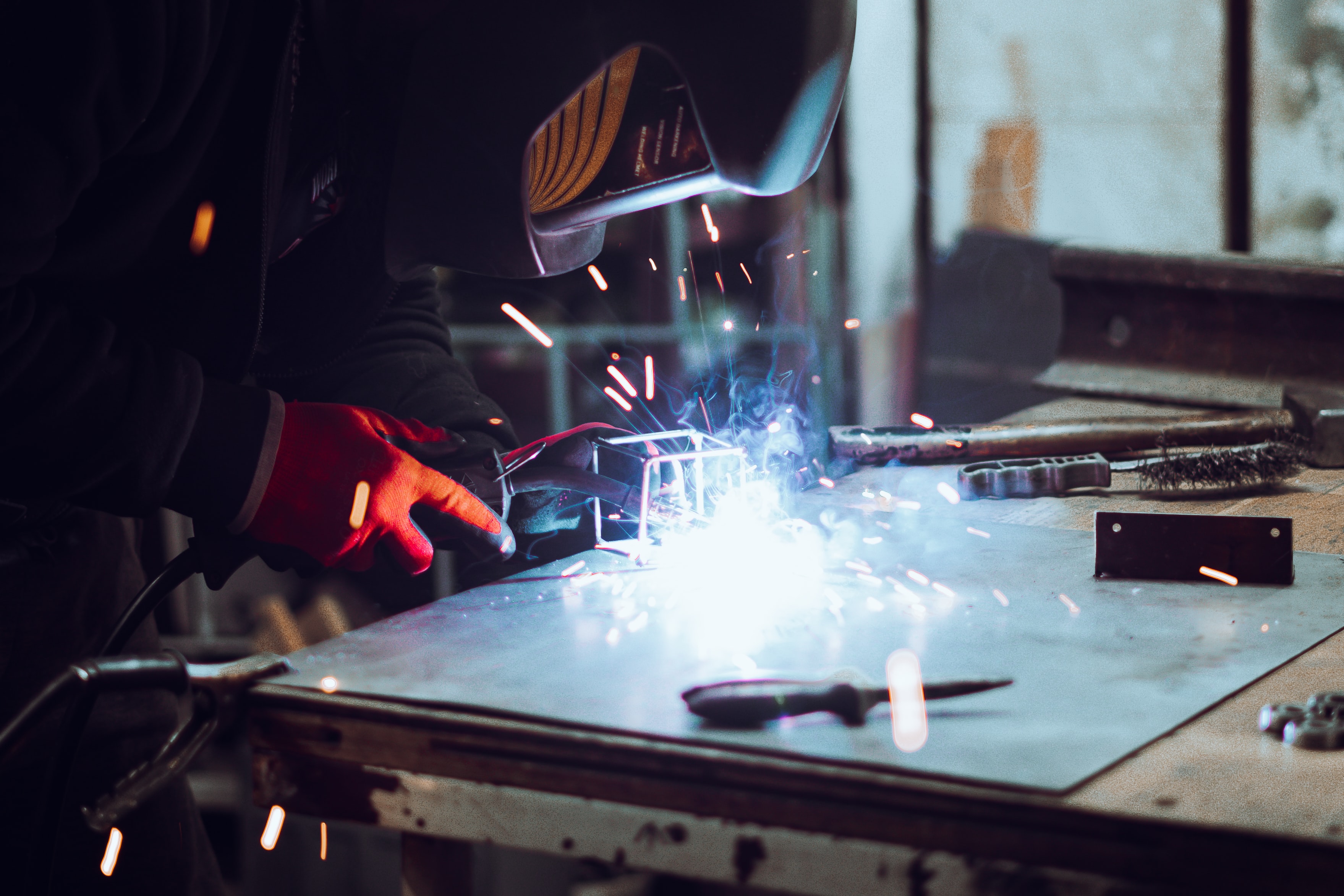Toyota is venturing into building up an all-electric, driverless transport that will be utilized particularly for business benefits in association with significant players like Amazon, Didi, Pizza Hut — and Uber.
Collaborating with what is featured as one of the world’s biggest automakers on a business autonomous administration is a huge open door for each of these organizations, however, it could likewise signify another sort of self-driving relationship for the ride-hail organization Uber.
Besides Toyota, which put its resources and funding into Uber in May 2016, Uber is likewise working with Volvo and Daimler on the development of driverless vehicles. Those connections signify contrasting sides of a range of conceivable plans of action. Uber’s association with Toyota will be associated somewhere in the middle.
As it exists today, Uber’s association with Volvo involves consenting to purchase 24,000 vehicles which will be furnished with the ride-hail organization’s exclusive self-driving innovation and programming. The dealing with the German automaker Daimler is essential that it will use and manipulate Uber’s ride-hail feature to the best extent.
Toyota’s association with Uber is someplace in the center. Likewise with Volvo, Uber will incorporate its own end-to-end self-driving tech into these buses. In any case, similar to the dealing with Daimler, Uber goes about as an open platform for a producer’s vehicles, however, it’s as yet enshrouded which organization will, at last, possess the vehicles.
Uber said it chose to consolidate its own self-driving innovation as opposed to utilizing Toyota’s since that permitted them a superior insight of how rapidly it could roll out its product, as indicated by Jeff Miller, its head of business improvement. That is featured as opposed to how Uber functioned with Daimler, an organization that depended on the carmaker’s self-driving tech.
Not at all like the two arrangements as indicated by Miller, Uber hopes to have a specific level of control over the in-car involvement with Toyota’s shuttle.
He also added that developing a custom cockpit that is developed as based on the rider experience is signified to be one of a kind. Featured at present is not even a single self-driving car that is developed in the account of rideshare he stated.
It’s strange for an auto organization to surrender control over its in-car experience. Many have dreaded getting to be associated with metal benders for tech organizations craving to control client engagement. Be that as it may, that is not how Miller considers Toyota as he stated that Uber does not comprehend Toyota to be deemed as a metal blender.
A few inquiries are left to be taken care off — besides which element will possess the vehicles — incorporate who will claim the charging framework, fleet operations, and upkeep, and which element will provide the relevant advancements.
However, as Toyota associates itself with more ride-hail contenders (and Uber’s rivals combine, for example, Didi’s latest obtaining of Brazilian adversary 99), isolating the vehicles working on the system is progressively imperative.
Uber’s enormous favorable position, Miller battles, is that the organization is planning the self-driving innovation that is going to be integrated with the autos, and it’s particularly outlined around ride-sharing.
The underlying applications for Toyota’s van, termed e-Palette, will change organization to organization however generally appear to concentrate on making an on-request retail encounter — with Uber being the notable exception.
Amid the keynote at the current year’s Consumer Electronics Show, the organization concentrated a lot on the suggestions for internet business and retail — pitching the shuttle as a meandering customer facing facade. In any case, the association with Uber will be to a great extent concentrated on its essential business: Shuttling individuals all over.
So, the organization will likewise investigate the open doors around UberEats. While Miller said they see the greatest potential with its conventional ride-share business, Uber will collaborate with Toyota to figure out how a “purpose-built” UberEats vehicle would resemble.
With respect to Toyota, this declaration speaks to a major advancement for the automaker which, four years back, said they would not create self-driving cars. In the event that there were any prolonging inquiries concerning about whether Toyota was not kidding about autonomous tech, the automaker is endeavoring to scatter them all over.



